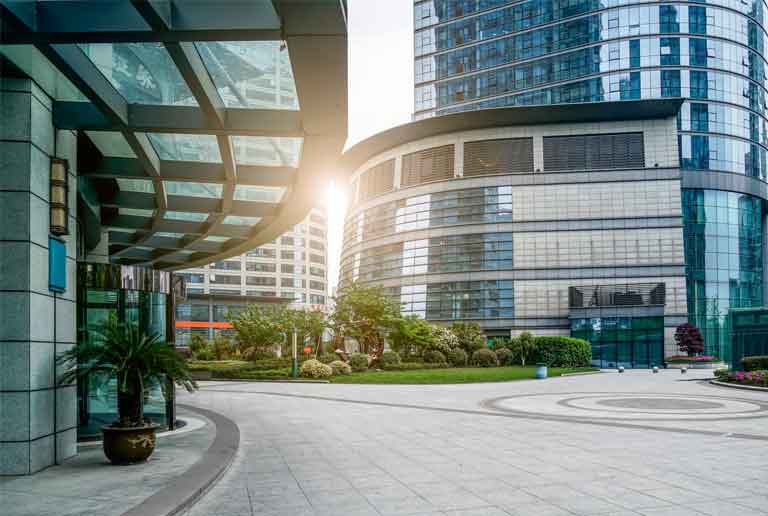
When considering the addition of a retractable awning, whether for a business or a home, the main concern that usually arises is the cost. With a myriad of options in the market, the retractable awning cost can fluctuate significantly based on various factors. Some of the primary distinctions affecting the price is the intended usage: commercial vs. residential and awning dealers. Let us dissect the nuances that contribute to the pricing differences between these two categories.
Material and Durability
- Commercial Awnings: Built for the Long Haul
Given the primary purpose of commercial awnings – to enhance a business’s curb appeal, offer weather protection, and sometimes even advertise – these awnings are crafted from robust, long-lasting materials. With businesses aiming to avoid frequent replacements, commercial awnings emphasize durability, which can influence the price upward.
- Residential Awnings: A Blend of Function and Aesthetics
For residential spaces, while durability remains essential, there is often a blend between longevity and aesthetics. Homeowners may prefer a specific material that matches their home’s decor, even if it is not the absolute toughest option available. This flexibility can offer a broader price range, with some materials being more affordable than their commercial counterparts.
Size and Scope
- Commercial Awnings: Covering Larger Spaces
Commercial entities, like cafes or stores, often have extensive outdoor spaces. Covering these vast areas requires bigger awnings, which naturally impacts the cost. Moreover, a business might need multiple awnings for various sections of their establishment, further escalating the total expenditure.
- Residential Awnings: Modest and Cozy
Residential awnings typically cover patios, balconies, or windows. Their size tends to be more modest compared to commercial ones, which can make the base cost for residential awnings slightly more affordable. However, custom sizes or unique requirements can alter this dynamic.
Customization and Branding
- Commercial Awnings: Branding Front and Center
Many businesses use awnings as a branding tool, incorporating logos, company names, or specific colors into the design. This customization, especially if it requires specialized printing or intricate designs, can add to the overall price.
- Residential Awnings: Personal Touches Shine Through
Homeowners also have the option of customizing their awnings, but these alterations are typically related to style, pattern, or color. Rarely as intricate as commercial branding, these custom choices can be less expensive, although designer patterns or unique alterations could lead to a price increase.
Installation Complexity
- Commercial Awnings: Professional Setup
Given the scale and the potential integration with branding elements, commercial awnings often demand a more complex installation process. Whether it is ensuring the awning can withstand high foot traffic or integrating it seamlessly with the commercial building’s facade, professionals might require more time and equipment, affecting the cost.
- Residential Awnings: Simplified Installations
Though still requiring expertise, residential retractable awning installations are generally less complicated. Homes usually have predefined spaces like patios or terraces where these awnings are to be installed. Fewer complexities can translate to reduced labor costs.
Maintenance and Warranty
- Commercial Awnings: A Worthwhile Investment
Businesses tend to invest in maintenance contracts or extended warranties to ensure their awnings remain in pristine condition, reflecting well on the company. Such services or extended warranties can add to the initial cost but prove valuable eventually.
- Residential Awnings: Homeowner Preferences Vary
Maintenance for residential awnings depends on homeowner preferences. Some opt for extended warranties, while others prefer periodic professional checks. The costs, therefore, can vary based on individual choices.
The journey of understanding retractable awning cost differences between commercial and residential setups is filled with numerous considerations. While commercial awnings might seem pricier initially, they are also often more robust and tailored to specific business needs. Residential awnings, on the other hand, offer a blend of function and style, giving homeowners the flexibility to choose based on preference and budget. Regardless of the choice, a well-selected awning is bound to enhance the space’s functionality and appeal.